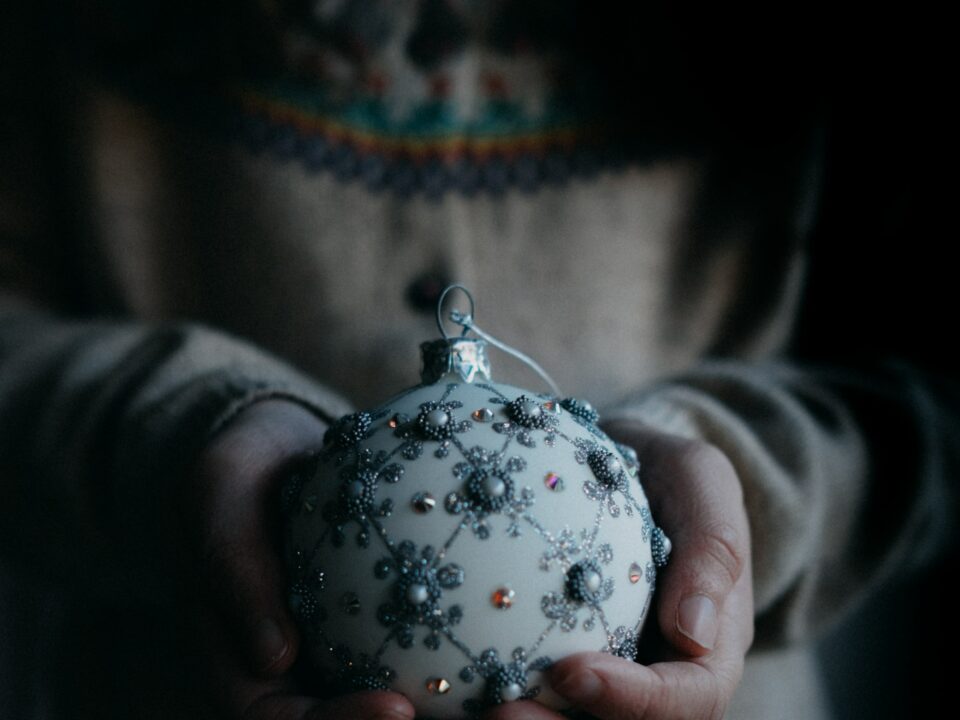Learning to Live with the Unimaginable
Learning to live with the unimaginable … this is what grief is. And this is what our collective life is right now.
The lyric, “learn to live with the unimaginable” comes from one of my favorite Hamilton songs. When I watched it last month for the first time, this lyric struck me differently than all the prior times I’d heard it. The world we are living in feels “unimaginable” in so many ways. I have friends deep in quarantine that I haven’t seen in months. There is more fear and more anger everywhere and no where to escape the pervasive presence of COVID. Everywhere we go (or stay-put) we are reminded of the extra-ordinary time that this is.
So, how exactly are we learning to live in this mishmash of chaos and grief where nothing feels normal? Not even home.
My home feels more lived in but also more lonely. I miss what I had and I dearly want my normal back – and that has felt good for me to say out-loud (go ahead, say it out-loud if it’s how you are feeling). We are all experiencing many forms of loss. Events are cancelled or changed radically, friendships are restricted and some may be strained. Life is on hold and it’s hard to live in this tenuous limbo. It seems we can get so focused on how uncomfortable or frustrated we are that we forget to just grieve the loss we are feeling. Getting to the actual source of pain is hard, anger and irritation is much easier and requires little growth. Figuring out when we are in pain is, in my opinion, learning something pretty important about living.
If you find yourself angry or irritable, ask yourself:
- “Why am I feeling this way?”
- “What might I be sad about right now?”
- “What unexpected loss has this week brought me?”
When we can name what we are grieving and then actively grieve it, some of that irritation and roughness will go away. The act of grieving has a simple magic to it: it just helps us move into a better space. It’s ok to miss normal and want normal back and still wear masks and care for people. We can hold all of those together in the difficult destination point of acceptance. “I miss my old life. This is my life now. This life will also change.”
What are ways we can actively grieve?
*These suggestions are written for anyone grieving anything
- Cry. It’s obvious, yes but most of us would prefer tasks to check off and avoid the tears. If you’re worried you won’t be able to stop once you start, put a boundary around it. Set aside a time in a comfortable space, maybe even set a timer. If there’s emotion locked up, it needs to get out and you will feel different afterward. You may not feel great, but you will be glad you allowed it to happen and you can stop when you need a break.
- Journal. Write out what you are missing and why. Get it off of your mind and onto the page.
- Commemorate. This may be a time to refresh the pictures in your frames at home, or create a slide-show of the person or way-of-life you are missing.
Active grief can also be more future-oriented and positive – a sort of, learning to live in a new world.
- Reach out to others who might be grieving like you and share how you are. Don’t be ashamed of your pain, own it and let it be fully allowed to exist in whatever form it’s in.
- Make plans. Small or big, it doesn’t matter – you just need to like them. Maybe it’s a cup of coffee in the morning, a walk with the dog, or a Facetime happy-hour with friends and a good bottle of wine. Have something on your horizon to look forward to and be proactive to create them as you need them.
- Look for signs of your loved one, or reasons for hope. Attuning ourselves to look for connection and hopefulness is an important step in creating a self and a future that can hold and hope for all that the world has to offer.
The bottom-line: don’t be afraid of grief or to name what you are going through. Grief is there to usher us into the unimaginable, to help us find our footing, show us we are still living, and light the way through.




